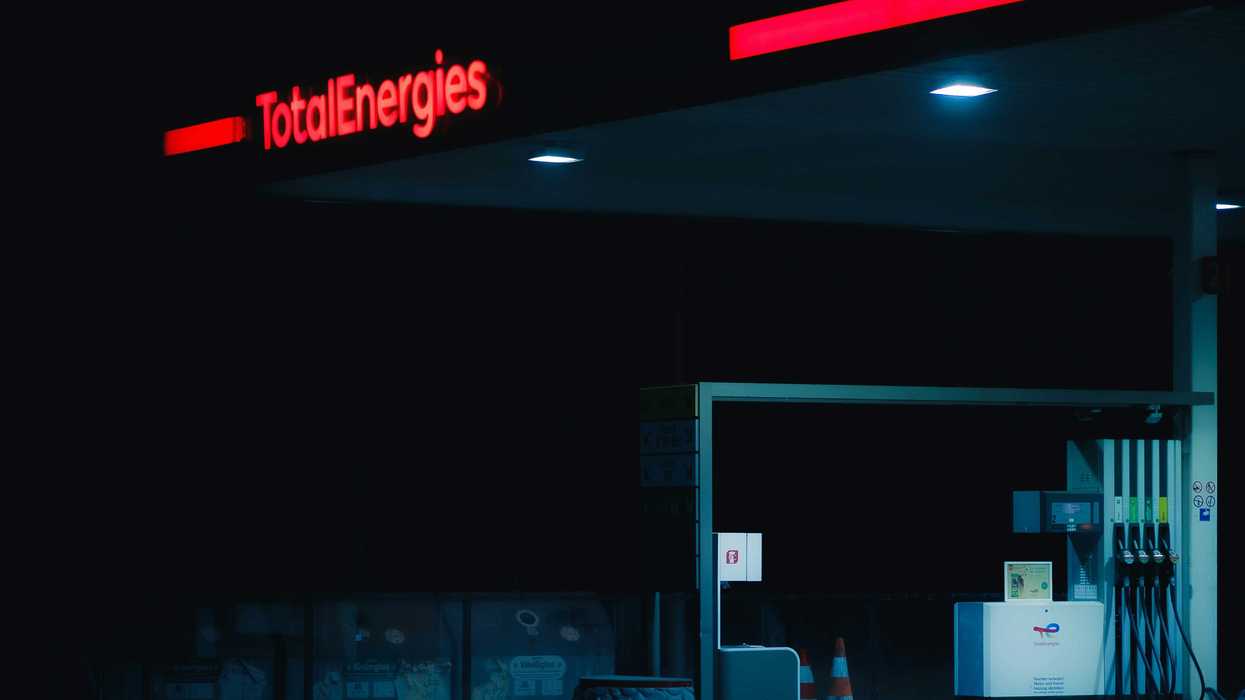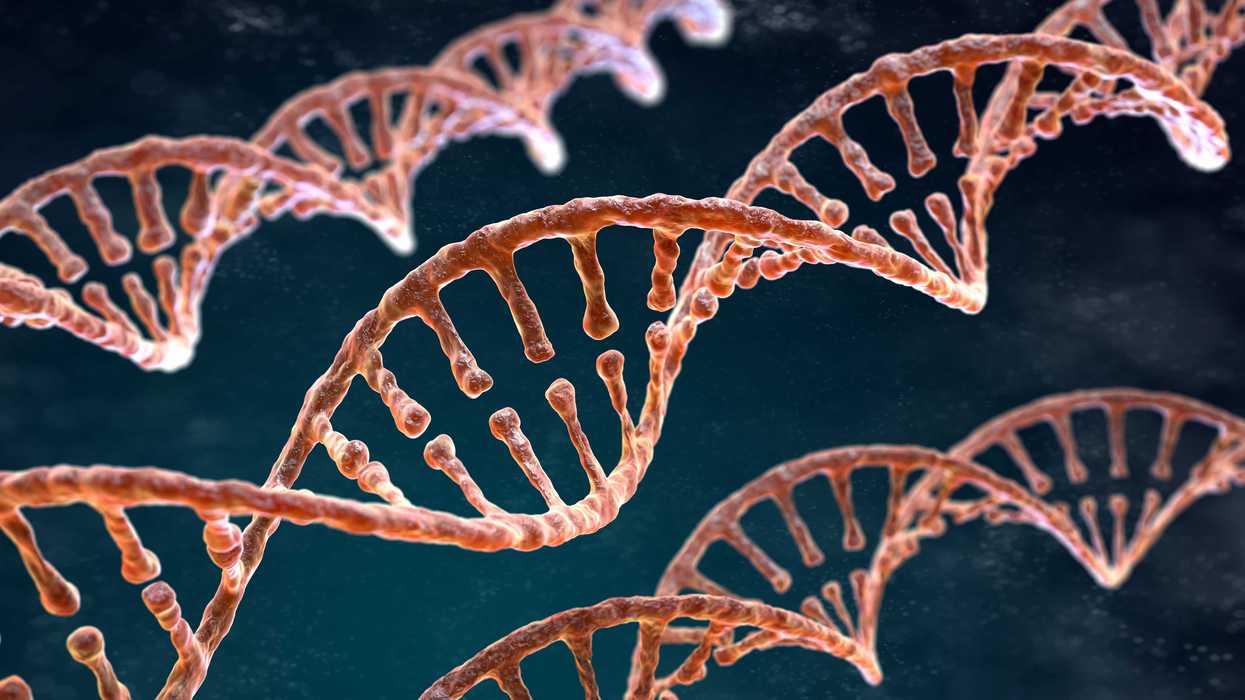The destruction of Ukraine’s Kakhovka dam in June 2023 unleashed a toxic legacy, exposing 90,000 tons of heavy metals that could poison the region’s water and soil for years to come, according to a new study.
Mikhail Klimentov reports for The Washington Post.
In short:
- The dam’s collapse caused catastrophic flooding, sweeping industrial pollutants, untreated sewage, and toxic metals into the Dnieper River and Black Sea, contaminating drinking water and farmland.
- As floodwaters receded, newly exposed sediments began releasing heavy metals — including arsenic, nickel, and zinc — into the environment, posing long-term health risks such as brain, liver, and immune system damage.
- Scientists warn that while the area’s ecosystems are slowly recovering, invasive species could overtake the floodplain, and any effort to contain the toxic spread is stalled by the ongoing war.
Key quote:
“If more dams are targeted, the human toll and environmental damage could be cataclysmic.”
— Study authors, Science
Why this matters:
Heavy metal contamination seeps into food, water, and human bodies. With cleanup efforts paralyzed by war, Ukrainians returning home may face an unseen health crisis, one that could last for generations. It’s a grim preview of what could come if more critical infrastructure is destroyed. One study warns that the next dam collapse could mean an even bigger “cataclysmic” toll — not just in human lives, but in poisoned rivers, wrecked farmland, and an ecosystem on the brink.
Read more:














